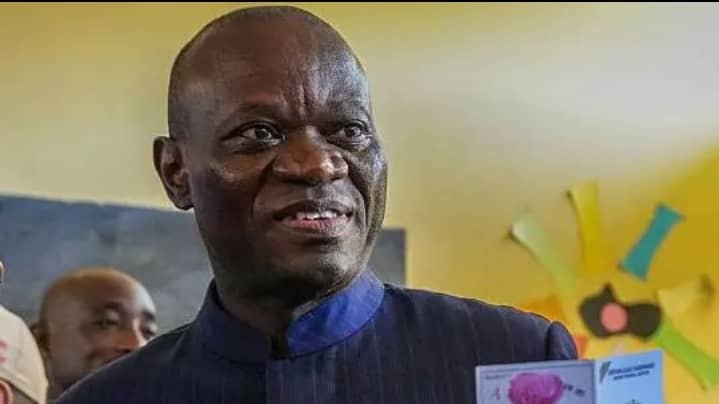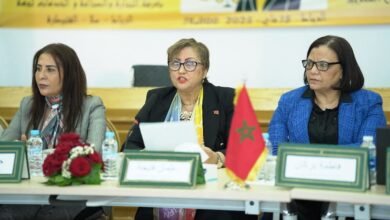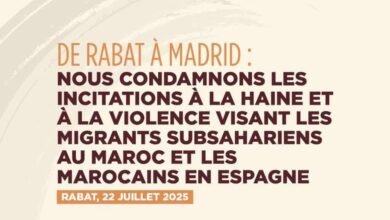Brice Oligui Nguema Wins Gabon Presidential Election with 90.35% of the Vote

Brice Clotaire Oligui Nguema has officially been declared the winner of Gabon’s presidential election, securing an overwhelming 90.35% of the vote—an emphatic show of support from a population eager for change after decades of political dominance by the Bongo family.
The announcement came from Gabon’s National Elections Commission late Sunday evening, confirming what many had anticipated since the transitional leader declared his candidacy. Oligui Nguema, a former commander of the Republican Guard and the man who led the August 30, 2023 coup that unseated President Ali Bongo Ondimba, ran as an independent but drew widespread support from a broad coalition of military leaders, political reformists, civil society activists, and everyday Gabonese citizens.
Voter turnout was estimated to be high, with long lines reported in key regions including Libreville, Franceville, and Port-Gentil. Despite concerns from international observers about limited access to the voting process and uneven media coverage, the general atmosphere remained calm, and the process was largely peaceful, signaling a renewed hope for political stability.
The election marks a pivotal moment for Gabon, as the country begins to close the chapter on 56 years of rule by the Bongo family. Omar Bongo governed from 1967 until his death in 2009, after which his son Ali Bongo took over and remained in power until last year’s military coup. For many Gabonese citizens, the coup and subsequent transitional period under Oligui Nguema were seen not as a step backward, but as a chance to hit reset on a political system long plagued by corruption, inequality, and cronyism.
Celebrations broke out across the capital shortly after the results were announced. Supporters gathered outside the Presidential Palace waving flags, dancing, and chanting “Oligui! Oligui!” as fireworks lit up the night sky. In a televised address, the newly elected president struck a unifying tone.
“This victory belongs to the people of Gabon,” he said. “It is your voices, your hopes, and your dreams that have carried us here. I will govern with integrity, transparency, and a deep commitment to rebuilding our institutions.”
Key figures within the transitional government, including Prime Minister Raymond Ndong Sima and Minister of Defense Brigitte Onkana, were present at the address, alongside representatives from the Constitutional Court and members of the armed forces. Oligui Nguema used the moment to reiterate his plans to draft a new constitution, implement electoral reforms, and launch a national anti-corruption campaign—moves seen as crucial steps toward restoring public trust.
While regional organizations like ECCAS and the African Union have cautiously welcomed the outcome, calling for continued dialogue and inclusion, international watchdog groups have urged transparency and close monitoring of the next steps. Some human rights advocates, including Jean Gaspard Ntoutoume Ayi of the Gabonese Civil Liberties Forum, warned that democratic institutions must be allowed to flourish independently if the country hopes to avoid falling into another era of strongman rule.
Still, optimism runs high among the population. Young voters, in particular, have expressed hope that Oligui Nguema’s presidency will bring jobs, education reform, and improved public services—issues that have plagued Gabon despite its oil wealth.
The next few months will be critical as President Oligui Nguema transitions from a military-backed leader to a democratically elected head of state. With a powerful mandate behind him and the eyes of the nation—and the world—watching closely, he now faces the challenge of transforming high expectations into tangible progress.





